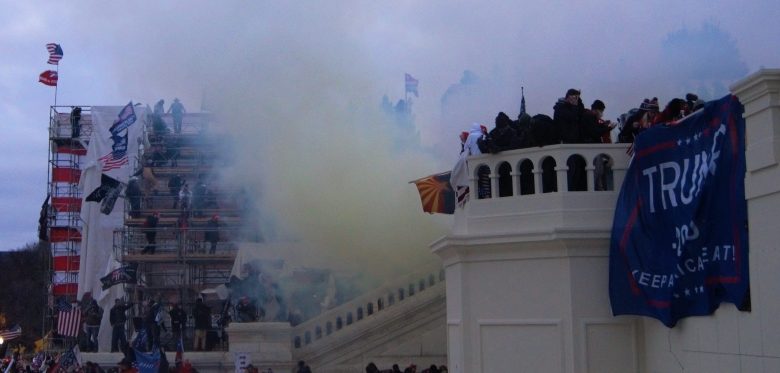A turning point in American history
On January 6, 2021, residents of Washington, DC watched in horror, mostly on TV, as a violent and armed mob ransacked the national capitol building, interrupting what is normally a ceremonially vote to certify the results of the country’s presidential election held last November. Almost all Washington residents watched from home, as the city is under strict work-from-home COVID protocols, and many in the city knew that a violent protest was brewing.
For weeks, smaller pro-Trump protests have occurred in our streets, during which ominous, out-of-town figures appeared in militia outfits, marching the streets and looking for a fight. Given the rhetoric of the President, there was every expectation that this would be the most volatile of the protests.
“DC residents looked on in utter shock as the capitol was invaded with minimal defense.”
With that said, we did not expect the events that unfolded. Washington is perhaps the most well-defended city in the United States. During protests for racial equality over the summer, the streets of Washington were filled with members of the National Guard, which is to say trained army in military fatigues wielding automatic machine guns. Downtown, near the federal buildings, peaceful protesters then were met with tanks on every block – it looked like an occupied city. One would certainly imagine the mob on January 6th would be met by a similar force. As such, DC residents looked on in utter shock as the capitol was invaded with minimal defense.
Washington DC is an odd city – a large faction of our residents works in policy, whether it be for government, politicians, international institutions, thinks tanks or federal agencies. Irrelevant of political affiliation, the people that live in this city believe in the institutions of government and democracy. Buildings such as the capitol, the White House and the Lincoln Memorial are part of our neighborhoods, and a consistent reminder of the potential of the American dream. We believe in them, we are inspired by them, and we are honored by them.
A Coup Attempt
What we saw on January 6th was horrifying. We saw police officers clubbed to death. We saw the confederate flag—which never made it to Washington during our Civil War—raised in the Capitol rotunda; we saw a long tradition of peaceful transfer of power come to a brutal end.
For the first time in American history, we saw a coup attempt, that combined efforts from a seditious faction of policy makers backed by a crazed mob.
People in Washington DC are not asking how we got to this point. We know precisely how we got to this point. Rather, people in Washington are asking how we let this happen. I suspect many feel in some way accountable in this moment of national shame, even if they always opposed Trump; I know that I do.
“January 6th represents a turning point in American history.”
Why didn’t we do more to stop this? How did we let our country sleepwalk into this disaster? What more could we have done? What could we say to get our compatriots to listen? What is so painful is how inevitable this all seems given the downward spiral our country has suffered over the last four years.
The news coverage will rightly focus on the mob. They should not lose track of the fact that the motion to overthrow a democratic election for President received significant support from members of the Congress and Senate.
As a nation, we look at ourselves in the mirror and realize that perhaps 30 percent of our country; 30 percent of our elected officials, are no longer committed to democracy at this moment.
As for myself, to the extent that I am representative of a DC citizen, I am tense, nervous and frustrated. Many of us have been separated from our loved ones and friends for weeks, if not months, as we work to overcome the coronavirus.
January 6th represents a turning point in American history. Which way we turn, however, remains to be seen.

